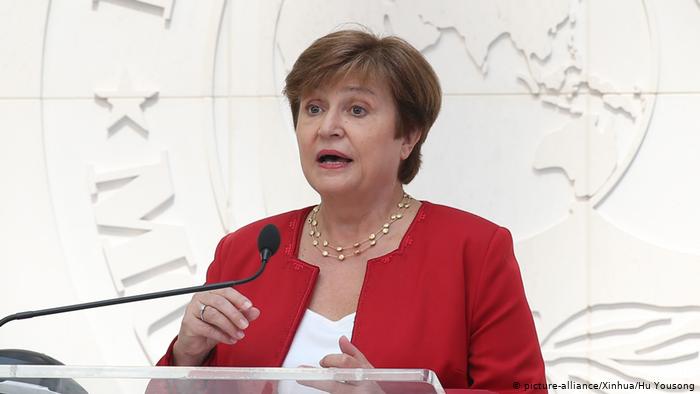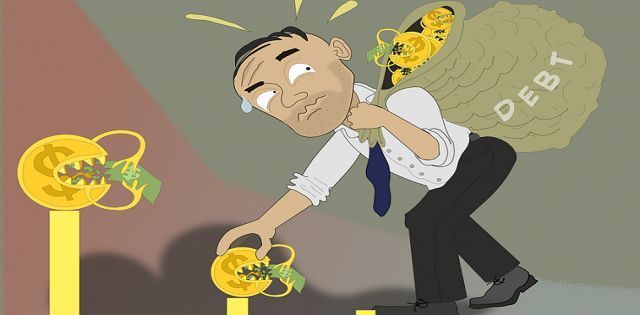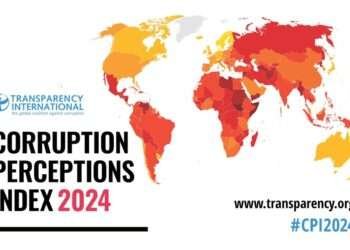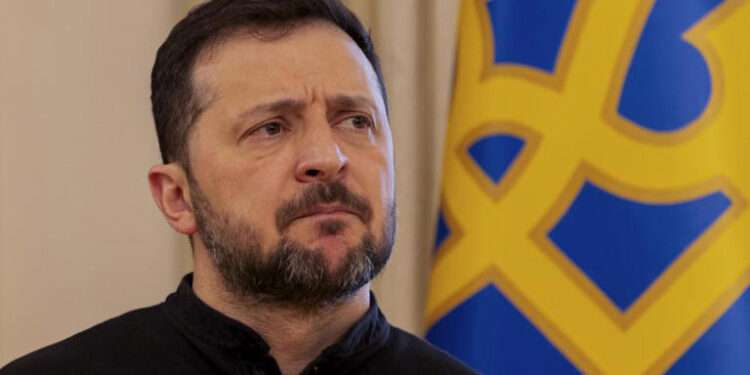The First Deputy Managing Director of the International Monetary Fund (IMF), Geoffrey Okamoto, has stated that countries with unsustainable debts should not delay restructuring.
According to him, such countries should, as a matter of urgency, open negotiations with creditors before the situation worsens. Failure to do so on time, he stated, will only increase the costs, both economic and human.
He made this statement whilst giving a speech at the Peterson Institute for International Economics Conference in Washington, D.C.
“… Countries with unsustainable debts should not delay restructuring and open negotiations with creditors before the situation worsens. Delaying only increases the costs—economic and human”.
According to the First Deputy Managing Director, as the pandemic raged throughout the world, debt turned out to be a very serious pre-existing condition.
He further stated that “all countries face the same crushing combination: higher spending to fight the disease and protect people; and lower revenue because of the recession triggered by all necessary containment measures.

“Debt is not a new problem. Four years ago, our Fiscal Monitor calculated that total nonfinancial debt amounted to US$ 152 trillion, or 225 percent of world GDP; public debt had increased by 15 percentage points of GDP between 2000 and 2015.
“Compared to pre-pandemic expectations, median debt in 2021 is projected to be up by about 17 percent of GDP in advanced economies; 12 percent in emerging economies; and 8 percent in low-income-countries.
According to him, these projections are alarming and “with fewer resources and less capacity, Low-Income Countries are particularly vulnerable: about half of them were already in, or at high risk of debt distress prior to the crisis onslaught”.
Global Support
He cited two reasons that show that the world has so far managed to avoid a systemic debt crisis.
“First, very low interest rates and massive monetary policy support. Central banks throughout the world lowered interest rates and supplied liquidity. Swap lines quickly established helped many emerging countries maintain market access. Our latest estimation is that these measures add up to US$ 7.3 trillion.
“Second, extraordinary direct financial support, including IMF emergency financing to 76 countries; and debt service relief to the most vulnerable economies through the G20 Debt Service Suspension Initiative (DSSI, to 44 countries); and the IMF’s Catastrophe Containment and Relief Trust (to 29 members)”.
“A pandemic-induced systemic debt crisis cannot be ruled out. The longer the problem is postponed, the worse it will become”.

Furthermore, Mr. Okamoto indicated that non-bonded debt typically does not include such majority restructuring provisions and that a growing share of debt is guaranteed by collateral, making it harder to restructure.
“These characteristics are increasingly prevalent in Low-Income Countries”, he added.
What to do?
Mr. Okamoto asserted that countries will continue to need support. He suggested that the DSSI, temporary by design, needs to be extended, ideally for another 12 months. If this is not done according, recipient countries will be forced to resume debt service at the expense of fighting the pandemic and its economic fallout. This would increase the human suffering and make a recovery even harder.
Tackle Debt Vulnerabilities Now
He advised countries to tackle debt vulnerabilities now. The DSSI extension, he believed “should create incentives for recipient countries with unsustainable debt to tackle it promptly. For example, the extension duration could be linked to an IMF program designed to reduce these vulnerabilities—including by restructuring them if needed”.
The Role of the IMF
He stated that the IMF can contribute to these efforts in two main dimensions.
“At the country level, we will continue to support our members with financing, policy advice, and capacity development to strengthen debt management and transparency. We remain committed to providing debt service relief to our most vulnerable members.
“On a global level, we can support the DSSI extension while encouraging its beneficiaries to tackle debt problems promptly. We can also facilitate debtor/creditor coordination and restructuring by providing debt sustainability analysis to determine the financing and/or relief necessary to restore sustainability; and by conditioning our own financial support on high creditor participation. And, we will continue to support the G20 in their financing and debt-relief efforts with co-financing, data and analysis”.
His conclusions were that “to avoid history being repeated, we need to address mounting debt vulnerabilities now. This requires better architecture and urgent collective action—all stakeholders must do their part”.





















